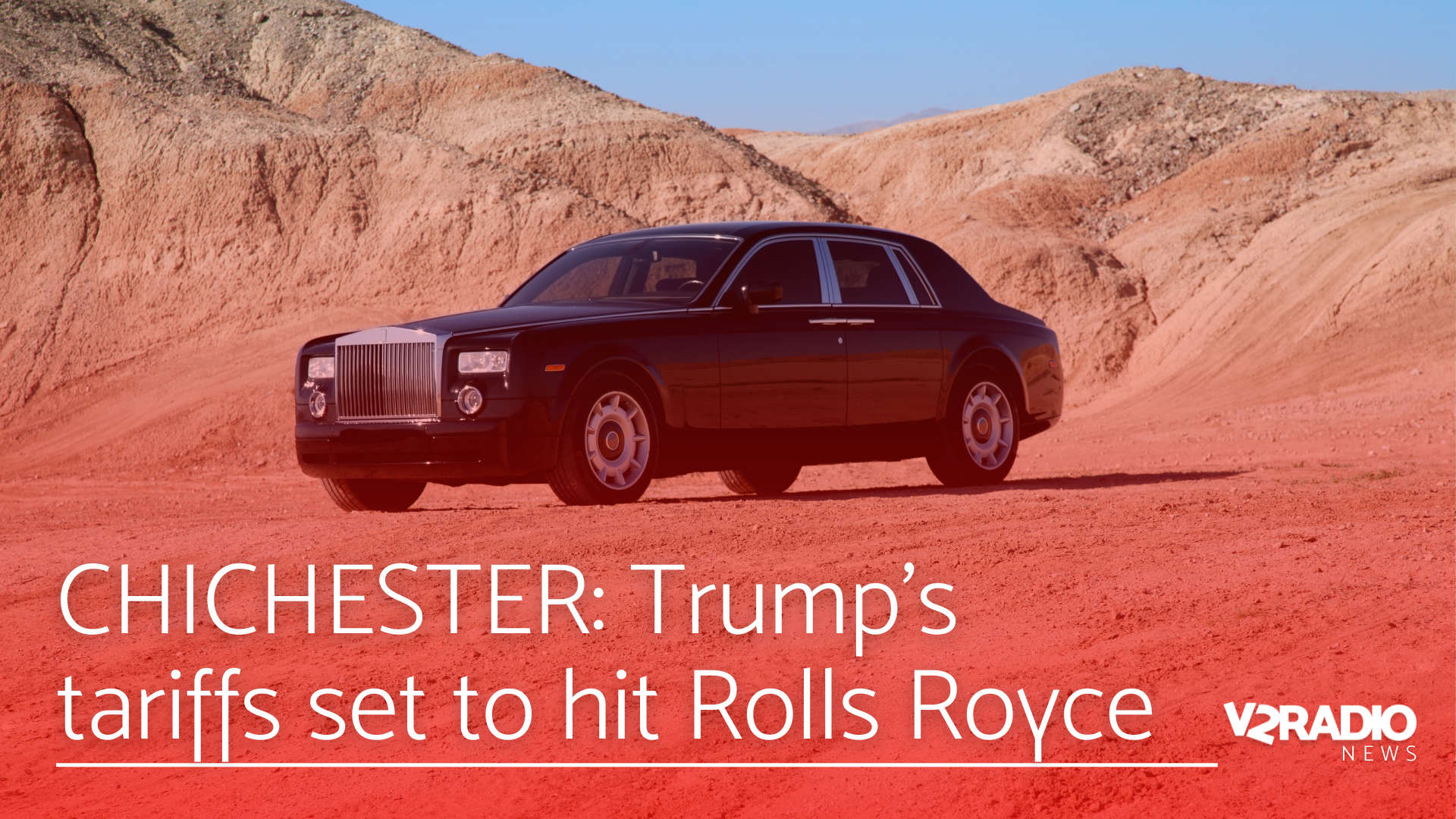
President Donald Trump’s recent imposition of tariffs is set to have a significant impact on Rolls Royce Motor Cars.
The luxury car manufacturer, which employs 2,500 workers at its Goodwood factory, is likely to face challenges potentially affecting production costs and pricing strategies.
The Goodwood factory is renowned for its bespoke luxury vehicles, which are often exported across the globe. The tariffs introduced by President Trump are part of his broader strategy of economic nationalism, aimed at bolstering American manufacturing and reducing dependency on foreign imports. The President argues that such measures are necessary to correct unfair trade practices and protect American jobs.
However, the implications of these tariffs extend beyond American borders, affecting international manufacturers like Rolls Royce. The potential increase in production costs for Rolls Royce could lead to higher prices for consumers and might disrupt the economic balance in regions dependent on such high-end manufacturing jobs.
In response to the unfolding situation, Jess Brown-Fuller, the Liberal Democrat MP for Chichester, where the Rolls Royce factory is located, has voiced her concerns. She is urging the UK government to consider reciprocal actions, specifically proposing tariffs on Tesla vehicles. This suggestion targets another sector of the luxury car market, directly pointing to Tesla's CEO, Elon Musk.
A reciprocal measure could level the playing field and encourage a reevaluation of the current trade policies that have led to these tensions.
The debate over tariffs is part of a larger discussion about global trade practices, where President Trump has consistently used tariffs as a tool to negotiate more favorable terms for the United States. These tariffs are intended to make imported goods more expensive, thereby encouraging American consumers and businesses to prefer domestically produced products.
As the situation develops, the economic impact on industries operating in the international arena will likely prompt further political and economic discussions. The decision by the UK government could set a precedent for how countries might seek to protect their industries without escalating trade conflicts further.
This ongoing saga highlights the complexity of global economics and the delicate balance required to manage both national interests and international relations. As governments navigate these challenges, the outcomes will undoubtedly influence global market dynamics and the future of international trade policies.

 UPDATE: Enquiries ongoing following Steyning sexual assault
UPDATE: Enquiries ongoing following Steyning sexual assault
 Helping people in Chichester make healthier food choices
Helping people in Chichester make healthier food choices
 Residents plead against Hamble quarry plans
Residents plead against Hamble quarry plans
 Appeal after girl, 15, raped in Chichester
Appeal after girl, 15, raped in Chichester
 Five football matches in five days in five different country's for Bognor pub team
Five football matches in five days in five different country's for Bognor pub team
 NHS Trust in Sussex, using solar to cut costs
NHS Trust in Sussex, using solar to cut costs
 Motorcyclist dies in Amberley
Motorcyclist dies in Amberley
 Higher bills for people in the South
Higher bills for people in the South
 Sea wall height increase in Chidham
Sea wall height increase in Chidham
 People in the South urged to join RSPCA's "biggest ever" conversation about the future of animal welfare
People in the South urged to join RSPCA's "biggest ever" conversation about the future of animal welfare






